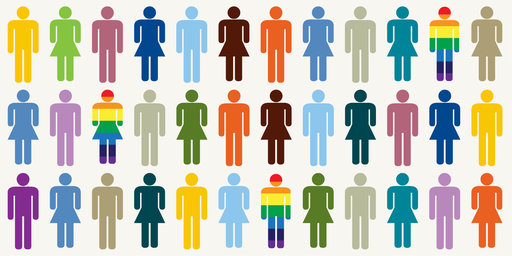
Good afternoon. With so much chatter going about the need for diversity in books, I had to speak on it again.
First let’s start off with a question for authors. Since I’m an author too, I figured I’d begin here. You’re an author and you have an idea for a story which features a character of a race other than your own. Say it’s a black male and you as a white female or male aren’t sure what to write. Do you scrap this idea, even though it could be one of your best books or do you try doing it yourself and using what you’ve seen on TV as your guide? I’ve talked with authors before who’ve said they’d rather not do the “black” character for fear of getting it wrong, but unless you’re doing a historical, say something in the days of slavery or in 1920’s Harlem New York, what could you possibly get wrong?
I say this because I’m a black female who may not fit the mold of the so called black stereotype. One example, I like rock music and not rap. I don’t talk slang like many may perceive a black person to do. Yet, I’ve seen books with black characters who fit that description. In many publications, even those written by black authors, black characters are painted a certain way. The way they talk, dress, the neighborhood they’re from. Is it wrong? Not necessarily, but does it hold true for every black male or female? No. What I’m getting at is, when you’re an author you don’t have to draw from those generaliztions unless it fits into the plot. If your story is centered around black males who talk slang and dress a certain way fine. The problem comes in when every book paints black characters that way.
 What about you as the reader? If the cover features characters that aren’t like you, are you more apt to shy away from it or does it even matter? I’ve heard rumblings about covers with black characters not selling well. Even worse, publishers haven’t put people of color on the front at all because they fear it won’t be marketable. Why is this? Do we live in a world where everyone is the same? No, so why should this even be an issue? The book should be judged on its plot and subject matter. If that’s interesting to you then you shouldn’t be deterred to read it because of the characters on the front.
What about you as the reader? If the cover features characters that aren’t like you, are you more apt to shy away from it or does it even matter? I’ve heard rumblings about covers with black characters not selling well. Even worse, publishers haven’t put people of color on the front at all because they fear it won’t be marketable. Why is this? Do we live in a world where everyone is the same? No, so why should this even be an issue? The book should be judged on its plot and subject matter. If that’s interesting to you then you shouldn’t be deterred to read it because of the characters on the front.
I’m an author and reader who loves reading and writing books containing diverse characters. Some people might take issue with certain books because of the race or nationality of the protagonists. That’s not me. If the storyline is interesting I’ll read it whether it be two of the same race or multicultural. We live in a very diverse world so why wouldn’t we want more books that reflect today’s society?
In my opinion, authors should be leaders in showing what’s outside the box. We should be writing characters whether they’re of different race, sexual orientation, able-bodied or not, religion, and/or gender. Fiction is supposed to be about freedom to express yourself and it shouldn’t be held back because of what people think or say. In general, people want well written books with fleshed out characters without regard to the colors of their skin or what religions they are.

We need more diversity in fiction for so many reasons. Why stifle creativity because of our various differences? I’m sure you’re saying it’s easier said than done but if we all do what we can to embrace diversity around us, someone else might learn from it and pass it on.
* * * *
Instead of promoting a release, I’d rather share a Facebook group that focuses on discussions about diversity in publishing. We have come together to introduce some exciting things in the next few months and would love other authors and readers to take part. The Group is Multicultural GLBTQ Literature.
We have discussed sensitive topics regarding stereotypes, appropriation, and the constant push for diversity in entertainment. Please join us and thank you for listening to me today!
Michael Mandrake pens complex characters who are already comfortable in their sexuality. Through these characters, he builds worlds not centered on erotica but rather the mainstream plots we might encounter in everyday life through personal experiences or the media.
To find out more please visit

